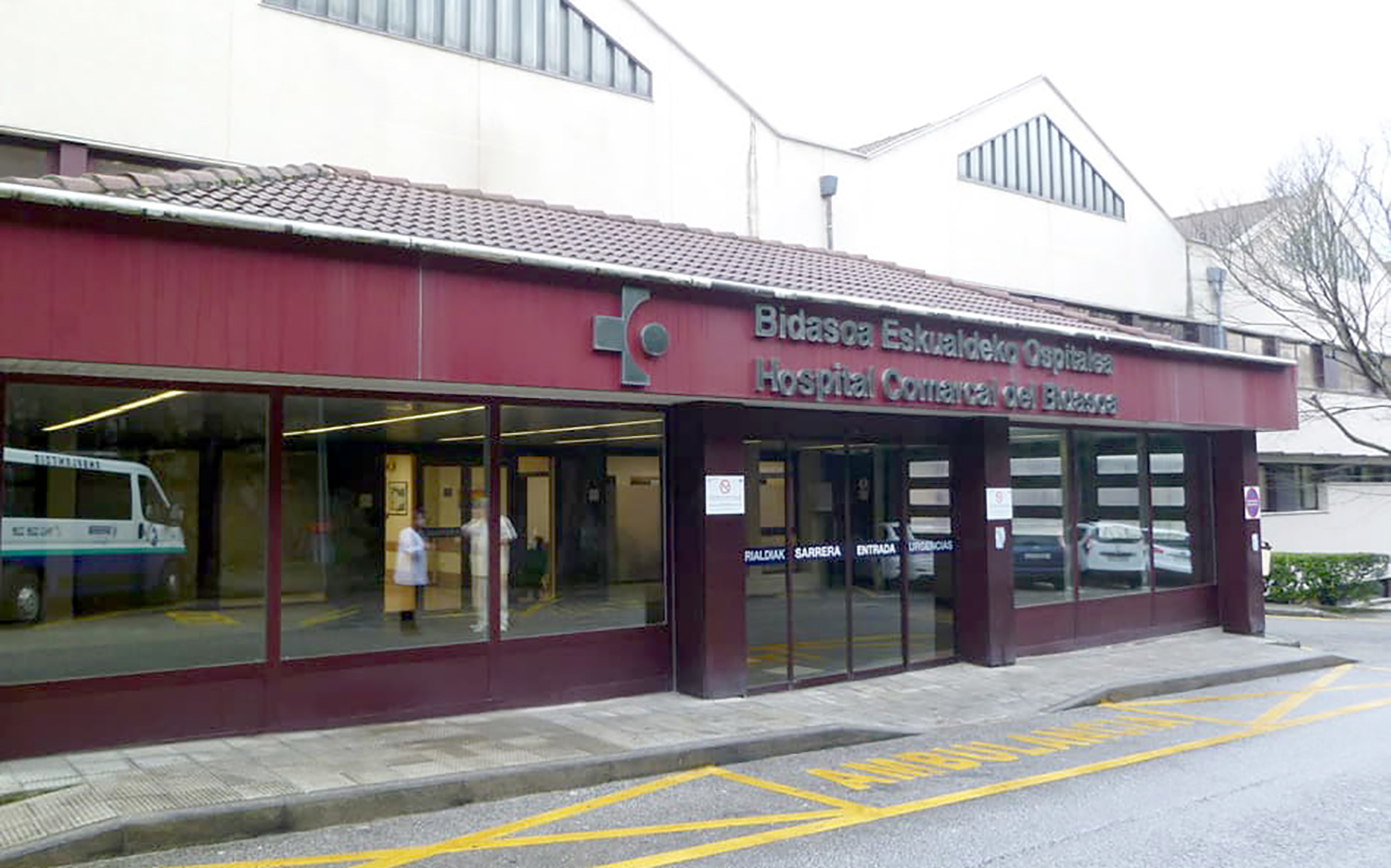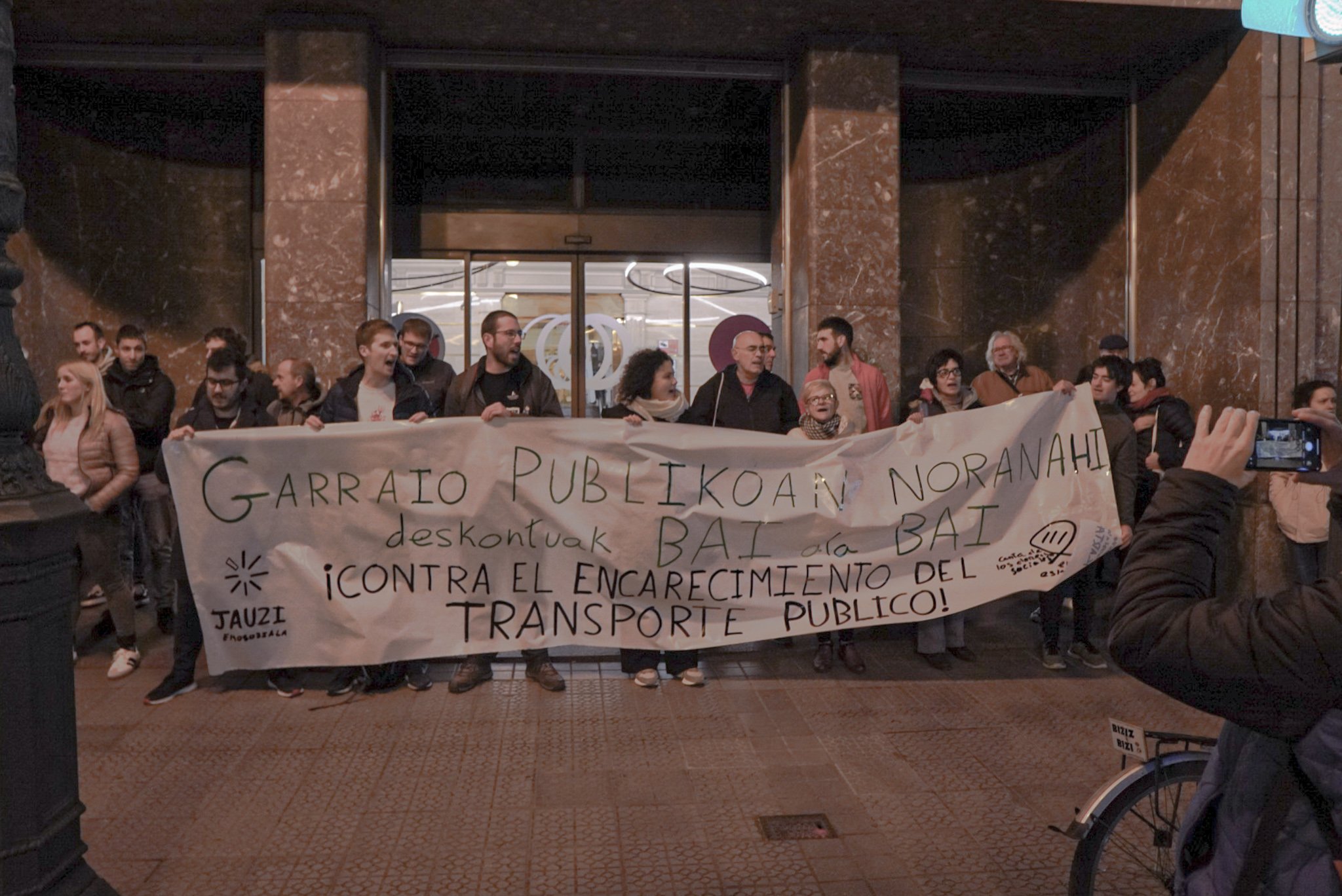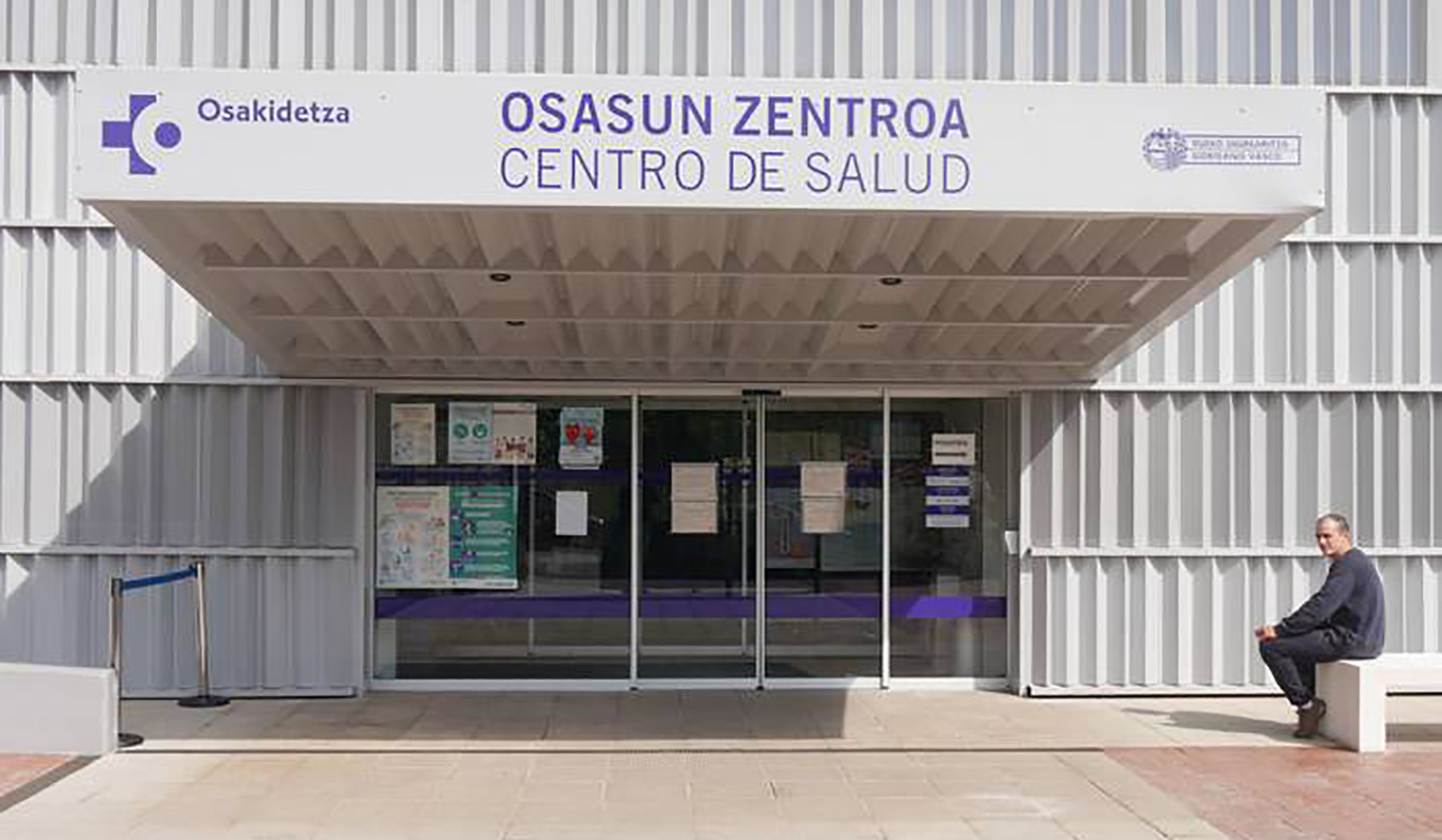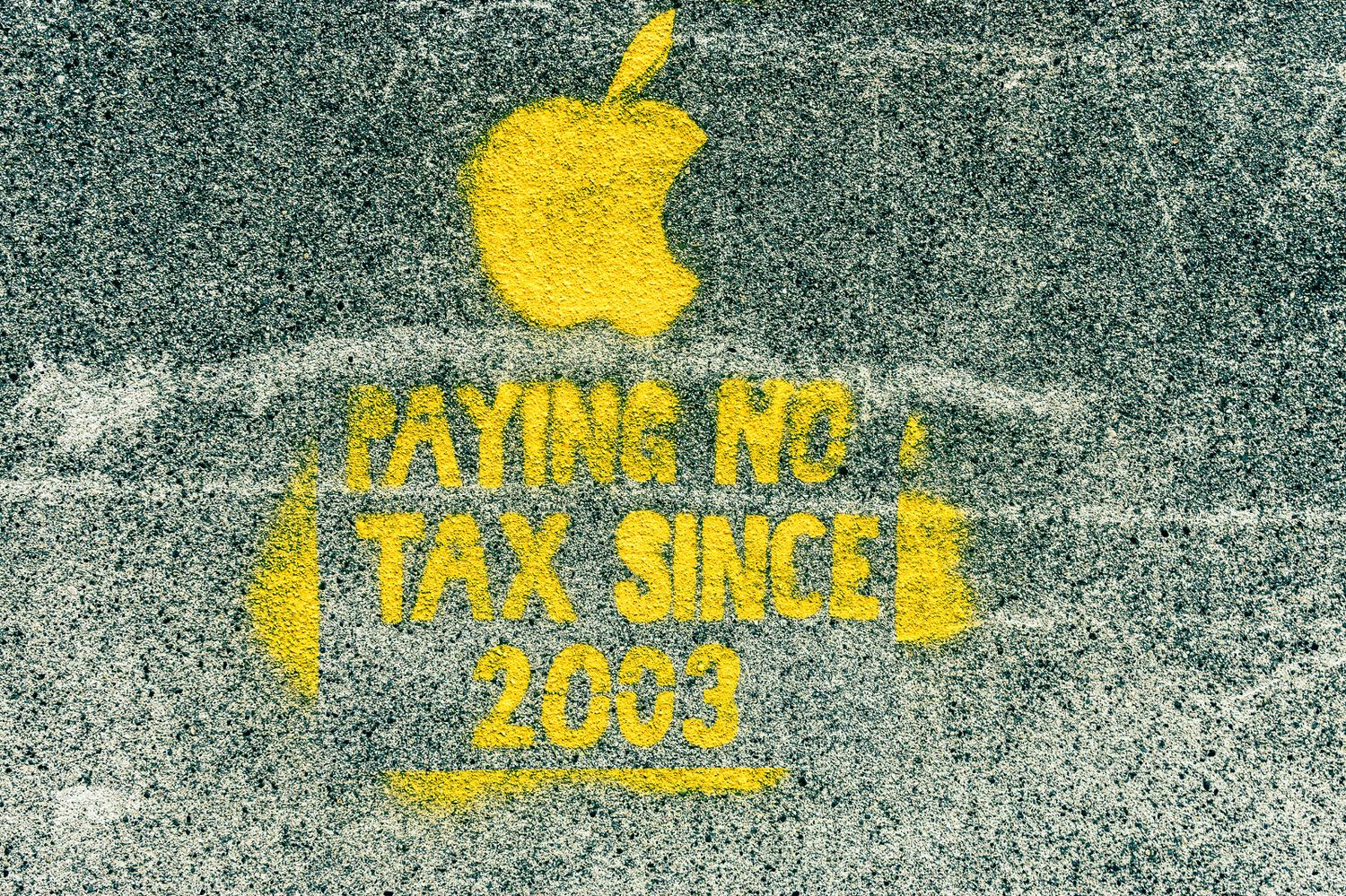Review of the “war” of the crisis (2008-2015)
According to the latest macroeconomic data, we have emerged from the crisis and can be faced with the first real “green outbreaks”. Without discussing the extent to which we are or are not at this stage, it may be a good time to analyse what the outcome of the crisis has been and what is coming.
The truth is that the crisis has not brought too many new things and has led to an increase in some trends ahead, and that in recent years it has only increased its speed. Among them, perhaps the most significant thing is that social inequalities have become even more pronounced and have only increased the distance between those who have the most and those who have the least.
In this regard, it is clear what are the main losers: those who, before the crisis, were at the bottom of our society. The middle and upper-middle classes have resisted the crisis much better and have often not suffered too much damage. In other words, there has been the failure of those who live at the expense of labour capital – workers, precarious workers – while there has been an increase in those who have capital incomes or at least can allow them to be reconciled. We must not forget the evolution of the stock market in the last two years.
In order to understand all this, of course, account must be taken of the cuts that have been made in social policies, but so important is the transformation that has taken place in the labour market through the labour reforms of recent years. I believe that, with the exception of some trade unions, we have not given sufficient importance to labour reforms. These reforms have weakened collective bargaining and the bargaining power of workers, which is making it possible to see an acceleration of the precariousness of labour relations in recent years. Wage cuts are a significant example.
The most prominent sector is industry, which traditionally had regulated labour relations and, therefore, decent wages. The wage drop in recent years is very significant, particularly as regards new workers. Bearing in mind that industry has so far been one of the main supports of the “Basque socio-economic model”, it is clear that the model itself is also being questioned, i.e. a model of social cohesion based on high wages and broad social policies.
The result of the misfortunes is serious, the instability is going to increase in the Basque labour market and the wages are getting lower and lower, some data on this has already been shown. In the past it was a wall in the face of this industrial dynamic, but now, as a result of the labour reform, the industry is increasingly resembling other sectors of work. Therefore, in the socio-economic field, we are increasingly resembling Spain.
Pazienteek Donostiara joan behar dute arreta jasotzeko. Osasun Bidasoa plataforma herritarrak salatu du itxierak “are gehiago hondatuko” duela eskualdeko osasun publikoa.
PPrekin eta EH Bildurekin negoziazioetan porrot egin ondoren etorri da Ahal Dugurekin adostutako akordioa. Indar politiko honek aitortu duenez, maximalismoak atzean utzi eta errealitateari heldu diote, errenta baxueneko herritarren aldeko akordioa lortuta.














.jpg)










